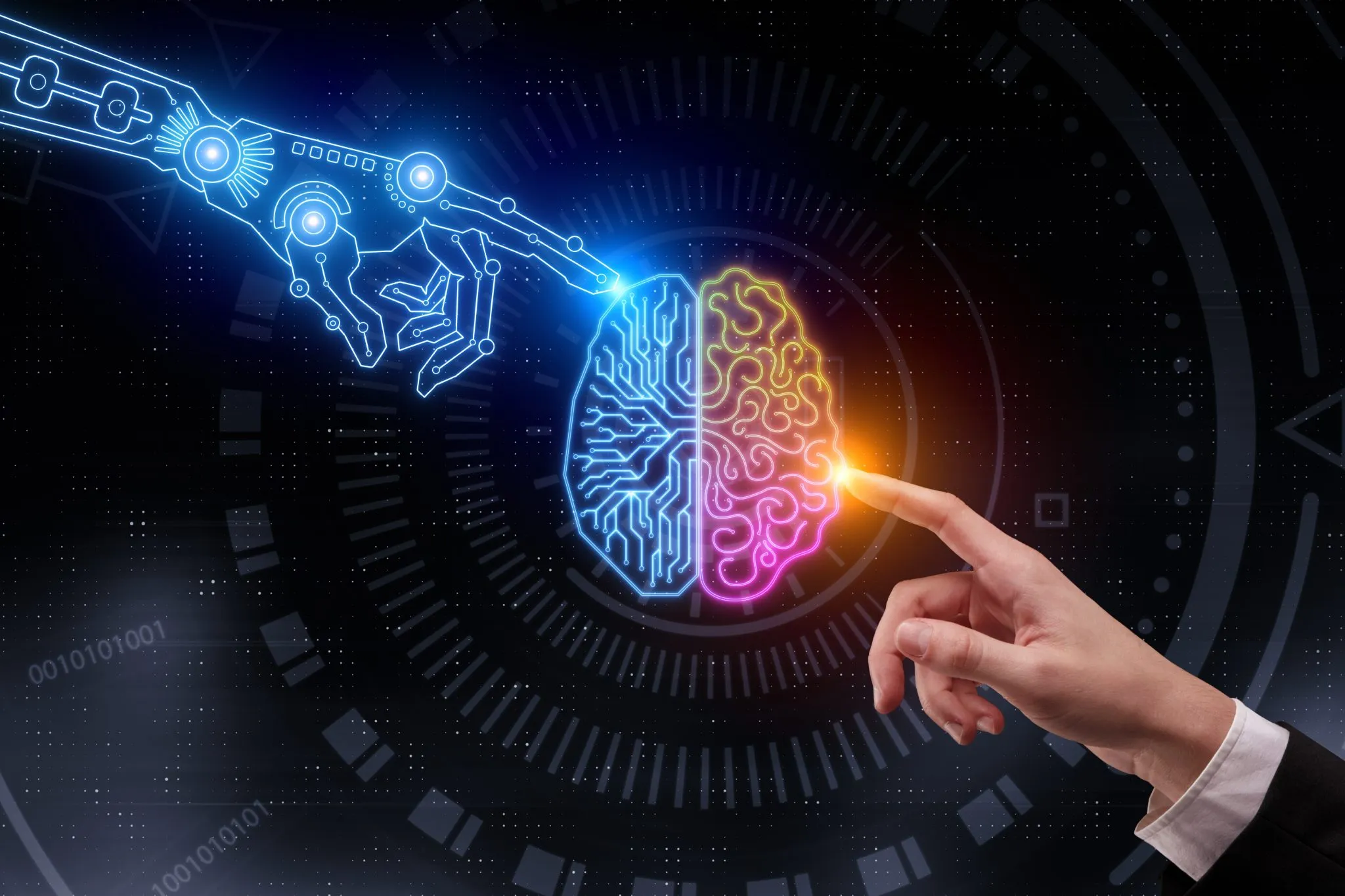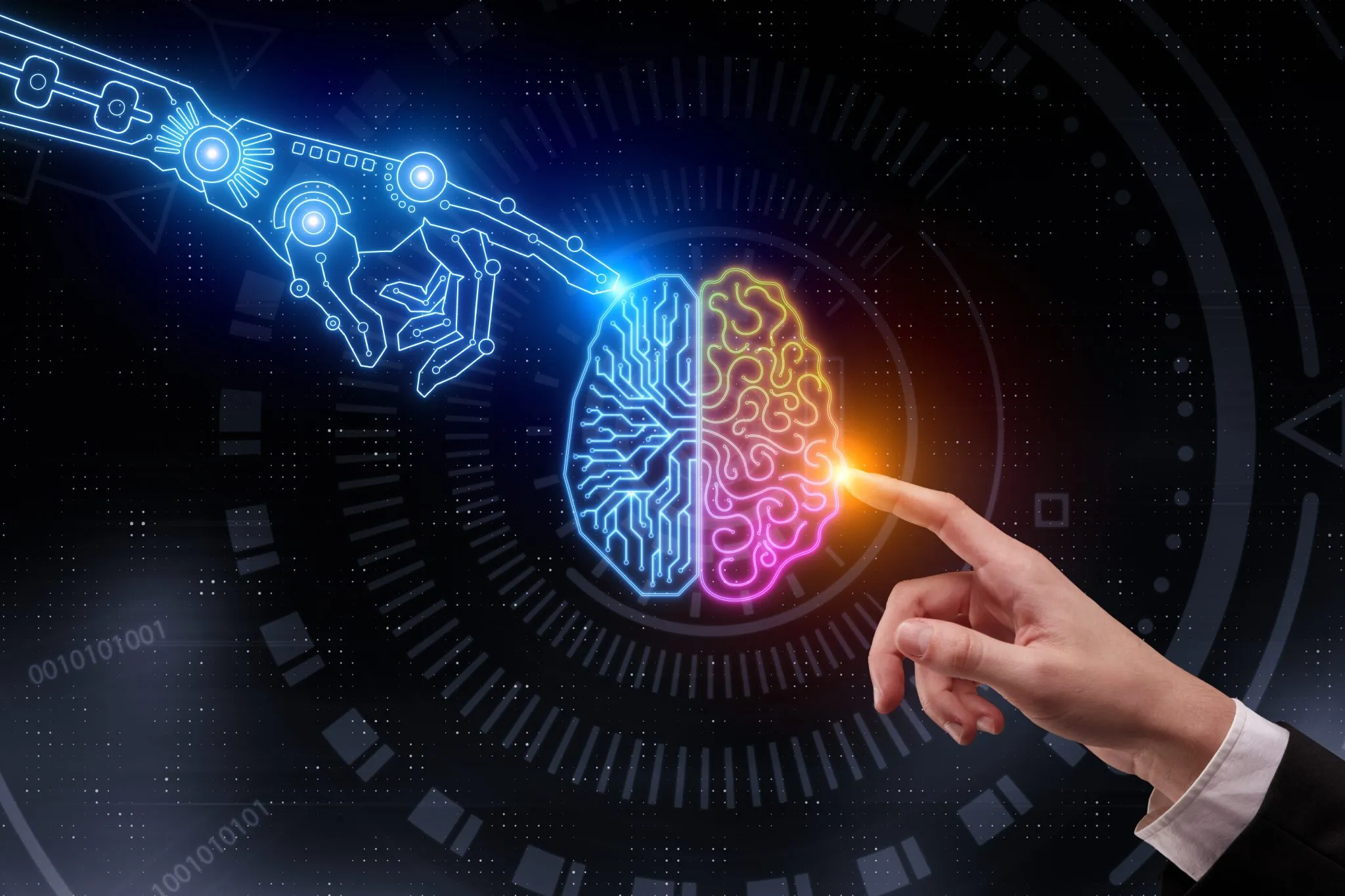Talking about what is artificial intelligence advantages and disadvantages, AI refers to the development of computer systems that can perform tasks that typically require human intelligence. These tasks include learning, problem-solving, speech recognition, decision-making, and visual perception. AI can be divided into categories such as machine learning, natural language processing, and robotics.
What is artificial intelligence advantages and disadvantages
What is artificial intelligence advantages and disadvantages in everyday technologies like voice assistants to more complex uses such as autonomous vehicles and advanced data analysis ? AI can process large volumes of data and perform repetitive tasks remarkably much faster than humans.
This efficiency allows businesses and organizations to operate more effectively, reducing the need for manual labor in data analysis, customer service, and manufacturing processes. Unlike humans, AI systems do not require rest, making them capable of working around the clock without fatigue. This continuous operation can lead to better customer service, uninterrupted production lines, and increased service availability.
To the question what is artificial intelligence advantages and disadvantages, the answer is that AI systems, when properly programmed, can significantly reduce errors compared to humans. They follow programmed instructions with high precision, making them suitable for tasks where accuracy is paramount, such as medical diagnostics and financial forecasting.
AI algorithms can analyze vast amounts of data quickly, uncovering patterns and insights that would be difficult and time-consuming for humans to discern. This capability is essential for areas like healthcare, where AI can aid in early disease detection, or in finance for risk assessment and fraud detection.
What is artificial intelligence advantages and disadvantages in the field of chatbots and virtual assistants ? AI provides instant responses to customer inquiries, enhancing user experience. This advantage can be seen in businesses that use AI to handle large volumes of customer service interactions efficiently.
However, developing, deploying, and maintaining AI systems can be expensive. Companies need significant investment not only for initial development but also for ongoing updates and the necessary hardware and software infrastructure. One of the most discussed drawbacks of AI is its potential impact on employment.
On the other part of the question what is artificial intelligence advantages and disadvantages, as AI systems become more capable of performing tasks traditionally done by humans, certain jobs may become redundant, leading to unemployment and social disruption. While AI is excellent at analyzing data and following programmed rules, it still lacks the ability to think creatively.
Tasks that require original thinking, empathy, and nuanced judgment are often beyond the scope of AI’s current capabilities. The use of artificial intelligence raises several ethical issues, including biases in decision-making algorithms and the potential for misuse in surveillance and data privacy.
While reflecting on what is artificial intelligence advantages and disadvantages, ensuring that AI systems operate fairly and without discrimination is an ongoing challenge. Increased reliance on AI can make individuals and organizations dependent on technology, which can be risky if systems fail or if there are cybersecurity threats.
A major malfunction or breach in AI systems could have widespread consequences. In areas such as customer service, the reliance on AI can lead to a lack of personal interaction, which may reduce customer satisfaction. While AI can mimic human conversation, it cannot replace the empathy and understanding of a real human being.
While answering what is artificial intelligence advantages and disadvantages, AI offers numerous benefits, such as increased efficiency, reduced errors, and improved data analysis. However, it also comes with challenges, including high costs, potential job displacement, and ethical concerns. As AI continues to evolve, it is essential for society to strike a balance between harnessing its benefits and addressing its drawbacks.
Thoughtful implementation and regulation will be key to ensuring AI contributes positively to society. While it is undoubtedly transforming various industries and enhancing many aspects of daily life, it is crucial to approach its development and deployment with caution. Striking a balance between leveraging the benefits of AI and mitigating its potential risks is essential for sustainable progress.





